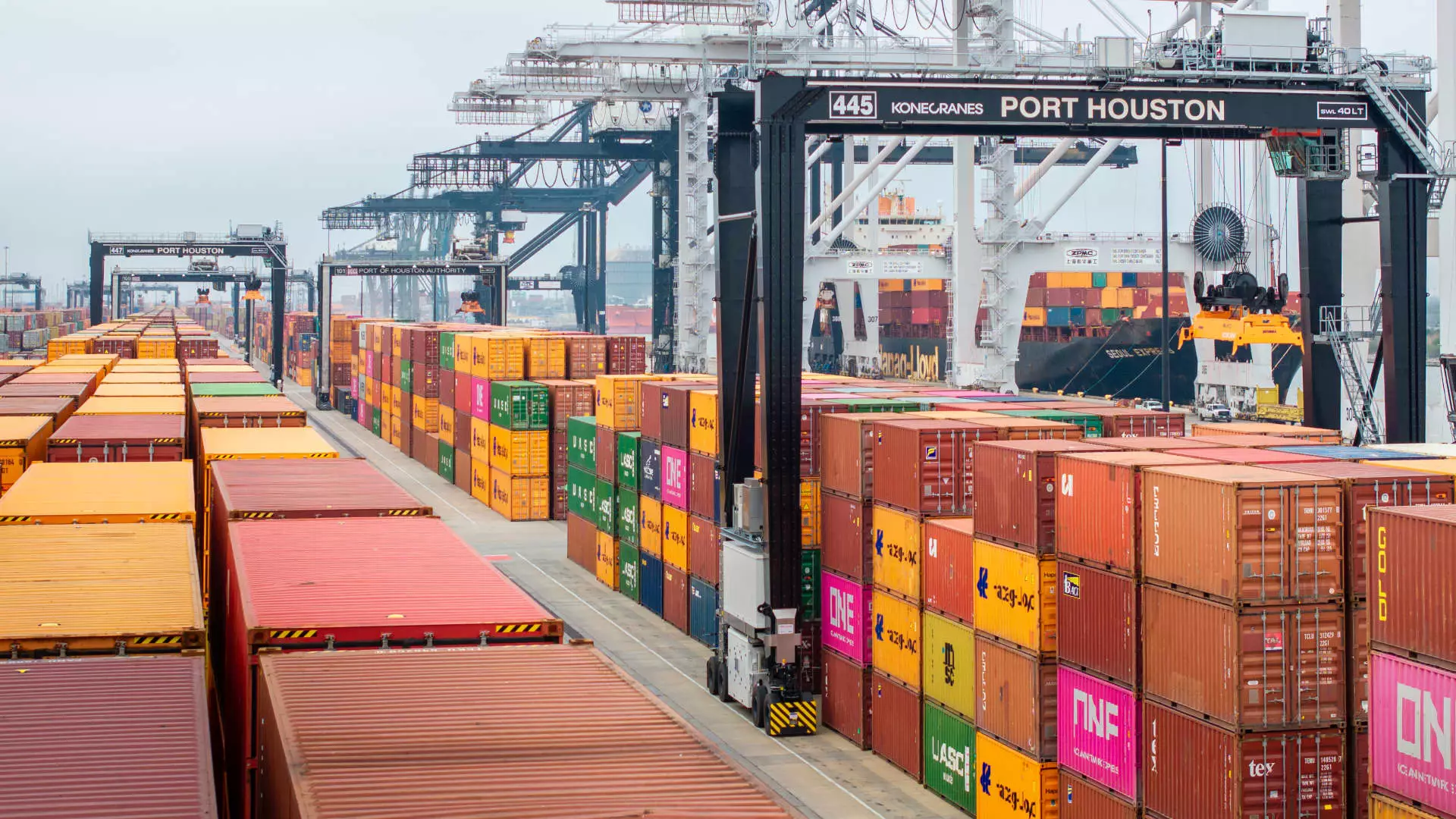In the often chaotic world of finance, family offices—private wealth management advisory firms that serve ultra-high-net-worth individuals—have gained a reputation for their long-term investment strategies. However, recent tariff announcements and governmental policy shifts have thrown a wrench into the normally steady dealings of these financial entities. While many might expect panic or rash decision-making in the face of uncertainty, the reality is far more nuanced. The latest market turbulence has prompted family offices to apply the brakes on deal-making and re-examine their investment strategies.
The Market Reaction: A Moment of Pause
Recent events have showcased the fragility of the stock market. The S&P 500 took a notable hit, plummeting 1.3% in just one day, and the downward trend continued throughout the week. The overarching theme emerging from this volatility highlights an unusual phenomenon: family offices, with their significant capital and resources, are choosing to sit tight rather than sell assets hastily. Experts clarify that anxiety has not translated into a frenzied sell-off; rather, it has manifested as a strategic waiting game.
Michael Zeuner, a seasoned managing partner at WE Family Offices, articulates this carefully considered approach well. He notes that many wealthy families are opting for diversification and liquidity—an astute defensive tactic in periods of uncertainty. This raises a pivotal question: Is cash becoming the favored ‘asset class’ in tumultuous times?
An Emotional Landscape: The Clients’ Confidence
Behind the financial decisions lies an emotional landscape rich with complexity. For many ultra-wealthy individuals, the financial stakes are monumental, but their long-term outlook is tempered by different levels of emotional investment in the market. A chief investment officer from a family office recounted a tale that underlines this sentiment. As they were delving into the potential acquisition of a private company with exposure to Mexican markets, the changing political winds made them rethink their engagement. Here, we see not merely a monetary pause, but an emotional response driven by uncertainty—an insight into how decisions are made beyond spreadsheets.
The Political Divide: An Uneven Response
Adding further layers to this scenario is the impact of political affiliation on investment behavior. Financial advisors like Jason Katz of UBS are observing a stark differentiation in how clients react based on their political ideologies. This element of human nature reveals that the stock market is not solely governed by numerical data; rather, emotions tied to political convictions can steer financial decision-making in unexpected directions. This revelation demands a broader perspective on wealth management; it is not just about risk assessment but also about navigating clients’ beliefs and sentiments.
Constancy Amidst Change: The Long-Term Focus
As baffling as the market’s immediate reactions may seem, many ultra-wealthy investors have been bracing themselves for potential tariff implications since they cast their votes in the last election. Charlie Garcia of R360 notes that the unique status of centimillionaires enables them to focus beyond quarterly performance, offering a refreshing contrast to the anxieties faced by ordinary investors.
This long-term perspective fuels a certain resilience among families facing the uncertainties of shifting government policies. A recalibration rather than a complete overhaul of investment strategies allows them to balance between current challenges and future opportunities, further probing our understanding of risk in wealth management.
The Heightened Stakes: An Insider’s Perspective
However, not all family offices share the luxury of time. For those with businesses directly affected by tariffs, the stakes are heightened. Elliot Dornbusch of CV Advisors suggests that although portfolio construction appears stable, the psychological strain from uncertainty weighs heavily on clients whose ventures straddle international borders. This divergence invites the question of how different types of wealth—whether reliant on globalization or insular markets—will weather these storms.
The disparate responses to looming tariffs serve not only as a reflection of individual investment philosophies but also as a microcosm of broader societal anxieties perplexed by policy shifts. Ultimately, the landscape for family offices, wrapped in layers of emotional, political, and economic intricacies, is anything but straightforward.


Leave a Reply